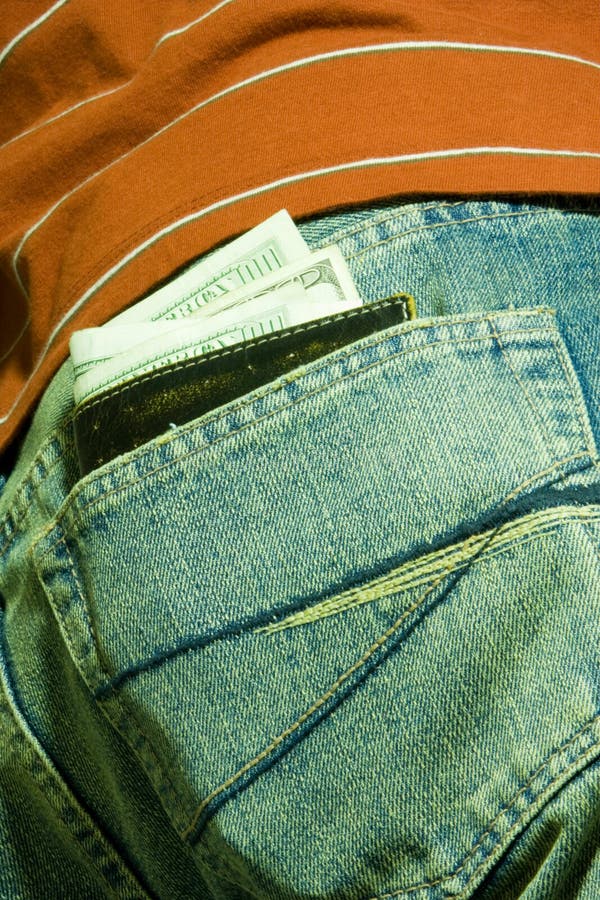

Tip #1: If you have an underpair to the flop, check back I will be talking about playing from the Button against the Big Blind specifically since that is the most frequent spot you will be in. 3 Tips for Pocket Eights in Single Raised Pots as the Preflop Raiser The Advanced Solver Ranges for cash games - one of five sets of preflop charts in the Upswing Lab.
#Pocket cash review how to#
Note: Want to know exactly how to play every hand in every common preflop situation? Get instant access to extensive preflop charts and lessons (for cash games, heads-up and tournaments) when you join the Upswing Lab training course. In all other situations, you should look to call with eights versus a 4-bet. The only other situations in which you should fold is when the 4-bettor is a very tight player or when the 4-bet size is very big. Their ranges are so strong that even hitting the set 12% of the time on the flop is not enough. If you 3-bet versus one of the earliest positions (UTG through Hijack) and face a 4-bet, you can safely fold. When facing a 4-bet, you should almost always continue with pocket eights by calling. It’s also a high enough pair that it can oftentimes continue versus a c-bet without flopping a set. It’s simply a great hand to have since you have a 12% chance of hitting a set on the flop, and you will have a good chance of stacking your opponent if they have an overpair or top pair. When faced with a 3-bet, you should always call with pocket eights.
#Pocket cash review full#
In particular, you usually have to be tight and fold against the early positions (UTG, UTG+1, and UTG+2 in full ring games). That being said, you shouldn’t 3-bet with pocket eights in all situations. I’ve written an article regarding this debate, which you can check out here.) (Many players would argue that you should only 3-bet or fold from these positions. If you are playing in highly raked games (low stakes), it’s usually best to go for a 3-bet only strategy. 88 is the perfect kind of hand to call from the Button because it plays poorly against 4-bets and is too strong to fold.įrom the Rest: from the other positions, you have a decision to make: fold, call, or 3-bet. With this in mind, you are highly encouraged to have a calling range against the other positions. You can just let it go against the earliest positions.įrom the Button: the Button is a special position because you are guaranteed to be the last player to act postflop, which increases your ability to realize equity. So, you should only 3-bet Pocket Eights from the Small Blind when facing an open from the Cutoff or Button. For this reason, you should only 3-bet from this position.īut if you’re up against an early position raise, 3-betting with pocket eights is too loose.
#Pocket cash review plus#
Against those looser ranges, pocket eights can work well as a 3-bet for value plus protection against overcards.įrom the Small Blind: cold-calling from the Small Blind in cash games is generally a losing play (especially in a high- rake environment). The only times you may consider 3-betting is when you’re up against a Button open-raise or a Small Blind open-raise. The pot odds you are given due to your default investment in the pot make it very appealing to call, despite having to play out of position with a high stack-to-pot ratio. Here are the table positions for your reference:įrom the Big Blind: you will want to almost always want to just call. When it comes to playing against a raise, your position is a crucial factor. Put simply, you will win less money over time by limping. Limping should be avoided at all costs, no matter how tempting it might be to “set the trap” or “set mine” with it. Pocket eights are a very strong starting hand, falling within the top 6% of all starting hands.įor this reason, you should always raise with this hand preflop when the action folds to you, regardless of your position. Leggo! How to Play Pocket Eights in Common Preflop Situations Unopened Pots 3 Tips for Playing Eights in Single Raised Pots as the Preflop Caller.

3 Tips for Playing Eights in Single Raised Pots as the Preflop Raiser.This makes them difficult to play, so I wrote this article to make it a little easier for you. The middling pair is a strong hand that’s very frequently worth playing preflop, but most of the time the flop will have at least one overcard.


 0 kommentar(er)
0 kommentar(er)
